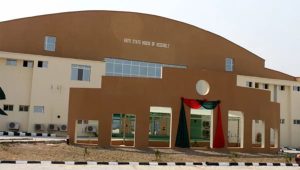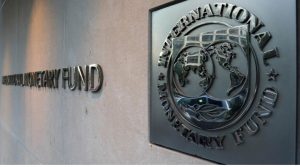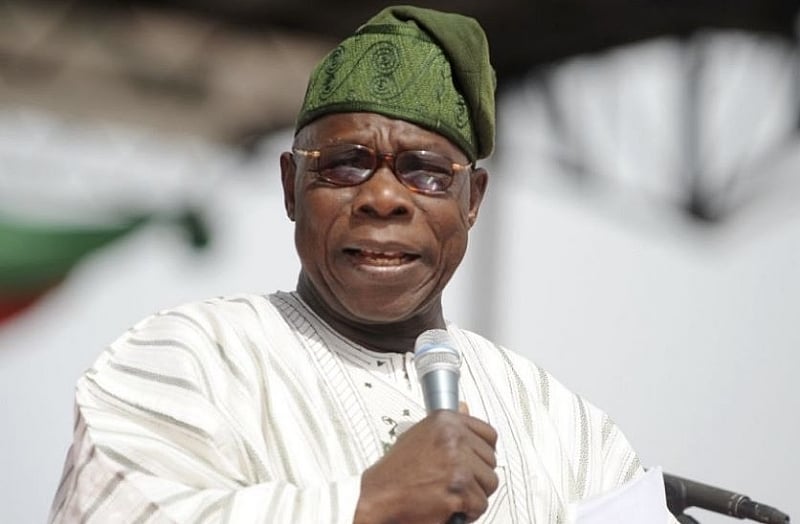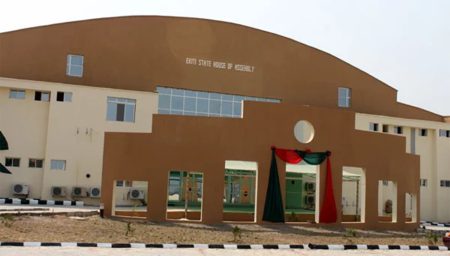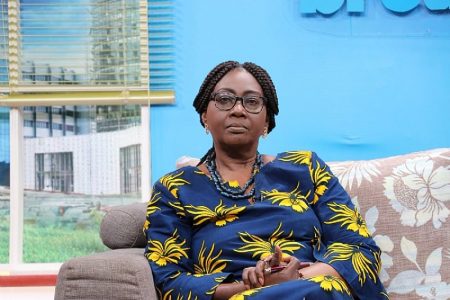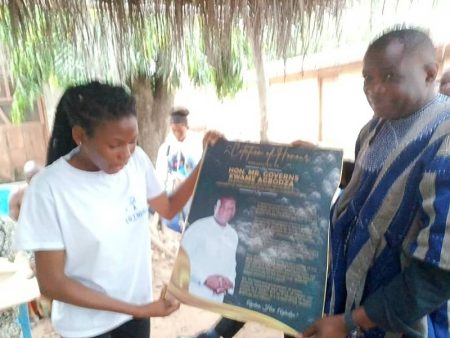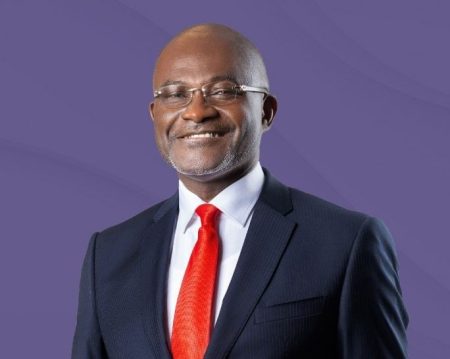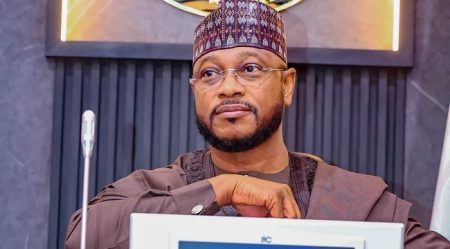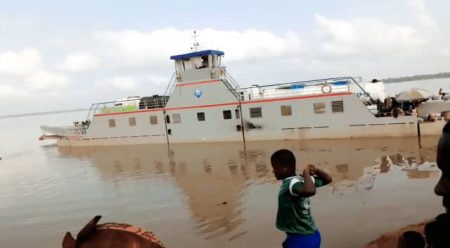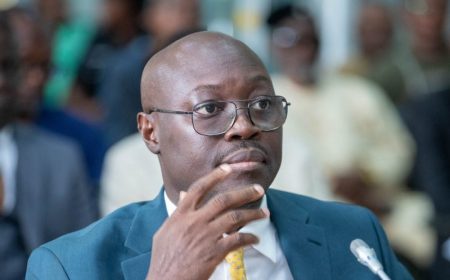Former Nigerian President Olusegun Obasanjo delivered a sobering assessment of the Economic Community of West African States (ECOWAS) during a Republic Day lecture in Ghana, characterizing the organization as “wounded” and in “intensive care.” He pointed to the recent spate of military coups and the subsequent withdrawal of Mali, Burkina Faso, and Niger, which have formed the Alliance of Sahel States (AES), as critical blows to the regional body. Obasanjo’s address, titled “ECOWAS and its Survival – Impact of the Alliance of the Sahelian States and Way Forward,” highlighted the stark challenges facing the organization and the urgent need for proactive measures to ensure its continued relevance and effectiveness. While acknowledging past successes in economic cooperation, peacekeeping, and democratic promotion, Obasanjo emphasized the current fragility of ECOWAS and the potential for further deterioration.
The core of Obasanjo’s argument centered on the existential threat posed by the departure of three member states and the formation of a rival alliance. This fracturing of the West African bloc weakens its collective bargaining power, undermines its ability to address regional challenges, and creates a dangerous precedent for other dissatisfied nations. The withdrawal of Mali, Burkina Faso, and Niger, driven by internal political turmoil and grievances against perceived ECOWAS interference, has exposed deep-seated tensions and a lack of cohesion within the organization. Obasanjo argued that these internal fissures, if left unaddressed, could lead to the eventual collapse of ECOWAS, jeopardizing decades of progress towards regional integration and stability.
Further complicating the situation, according to Obasanjo, is the potential for a military confrontation between ECOWAS and the newly formed AES. He cautioned against such a scenario, warning that it could escalate into a proxy war, drawing in external actors and destabilizing the entire sub-region. The underlying causes of the coups in Mali, Burkina Faso, and Niger, including widespread poverty, government corruption, and a sense of political marginalization, have created fertile ground for extremist ideologies and armed insurgencies. A military intervention by ECOWAS, Obasanjo argued, could exacerbate these underlying issues and further inflame regional tensions, potentially leading to a protracted and devastating conflict.
Beyond the immediate threat of military conflict, Obasanjo highlighted two significant concerns. First, he expressed apprehension about the enthusiastic support for military interventions among West African youth. This support, he argued, reflects a growing disillusionment with democratic processes and established institutions, potentially creating a breeding ground for future instability. Second, he warned about the risk of a proxy war between ECOWAS and the AES, with external powers exploiting the situation to advance their own interests. Such a scenario could further destabilize the region, prolonging conflict and hindering development efforts.
In light of these challenges, Obasanjo urged ECOWAS leaders to prioritize diplomatic solutions and engage in constructive dialogue with the breakaway states. He stressed the importance of understanding the root causes of their grievances and addressing them through inclusive and participatory processes. He advocated for a comprehensive approach that addresses the underlying socio-economic and political factors fueling instability, including poverty, inequality, and lack of access to basic services. By fostering dialogue and addressing the legitimate concerns of all member states, Obasanjo argued, ECOWAS can rebuild trust and prevent further fragmentation.
Ultimately, Obasanjo’s message was a call for unity and a renewed commitment to the principles that underpinned the creation of ECOWAS. He emphasized the importance of regional solidarity in addressing shared challenges, including security threats, economic development, and democratic governance. The future of ECOWAS, he argued, hinges on the ability of its member states to mend their differences, embrace dialogue, and work together to achieve a stable, prosperous, and integrated West Africa. His warning serves as a stark reminder of the fragility of regional organizations and the urgent need for proactive leadership to prevent their unraveling in the face of complex internal and external pressures.


